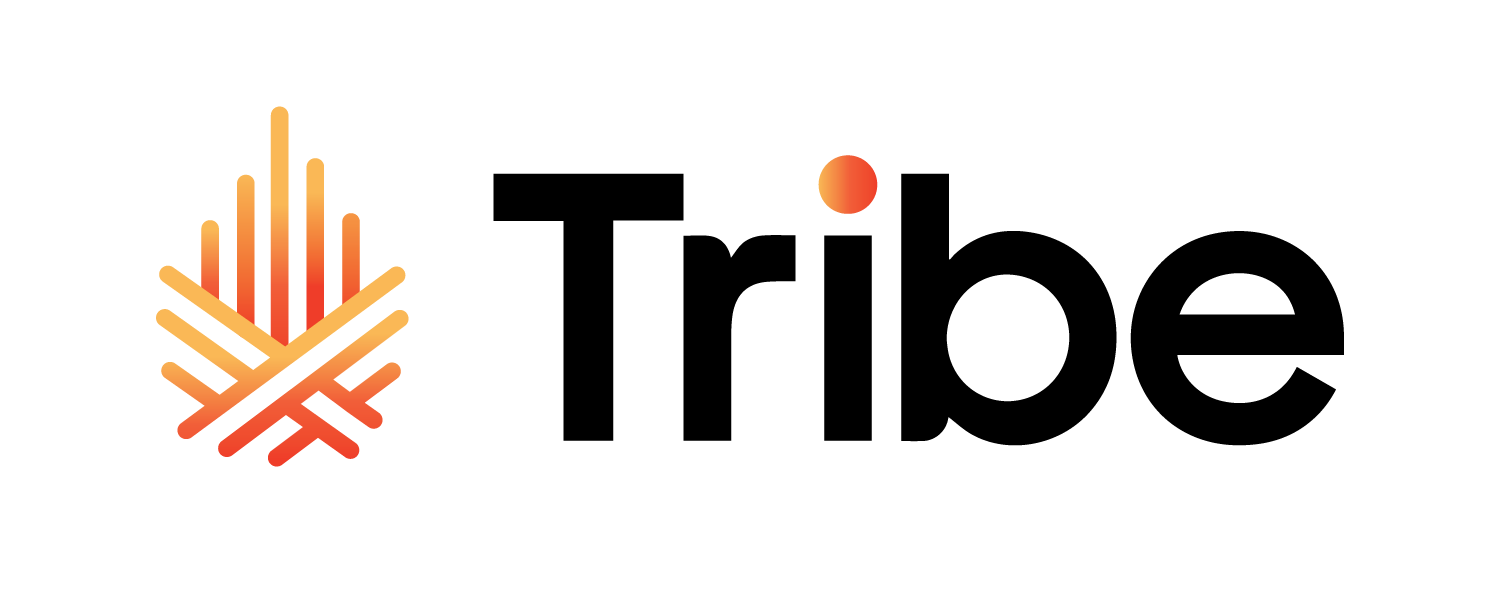The First Podcast I Never Launched

By Sandra Hannebohm – Entrepreneur, Journalist and Digital Producer
Why I started a Black media company
I didn’t always want to be a journalist, even after I had the degree. Actually, the more I learned about news rooms, the less I saw myself in one.
Traditional newsrooms demand story pitches from reporters multiple times a day, in various formats, fostering a competitive environment where being first is more important than being right, toxic masculinity dominates, and false information spreads faster than the truth.
It’s an environment that attracts and rewards forms of whiteness and masculinity, while patronizing anything appearing passive, feminine, or non-white. Traditional news media creates an environment where journalists are forced to rush, and their stories fail to capture important nuances.
And despite appearances, they are not rapidly changing their ways.
Most Canadian news rooms are still 100% white. Despite the combined efforts of several organizations across the U.S. and Canada over the past 40 years, most news rooms still refuse to share diversity data.
So when I decided to start an independent Black media company, I was faced with an immediate question: if I’m not doing news the way anyone else is, what am I doing?
It took about a year to figure that out.
Finding a purpose
At the end of 2021, I gathered the courage to apply to the Google News Initiative (GNI) Startups Boot Camp.
I pitched the most compelling idea I could think of at the time: curating Black stories from the news in some kind of audio-visual medium. How it could work practically or financially, no clue.
After completing the 10-week program, my pitch had evolved into a hyperlocal podcast I called Black Halifax, a BIPOC guide to living and working in Halifax. The investors at the final pitch event were so impressed with my entire cohort that we were each offered $6K in start-up funds. (This godsend was a no-strings-attached investment to help entrepreneurial journalists in whatever way they saw fit. I didn’t need to, but if I had to spend it on rent, that was as good as spending it on recording equipment).
Then, on the day I was scheduled to hit ‘publish,’ a big old truth bomb fell on my head: I didn’t want to make another podcast!
I host and produce a biweekly podcast for Lion’s Roar magazine. Even with an established mailing list, it is a ton of work, most of which is everything but interviewing people and producing audio. You need custom images in multiple sizes, promotional copy for various platforms, headshots and bios, social media posts… and the more successful the podcast becomes, the longer the list becomes.

I love audio. I love the way it lives inside the mind of the listener, sometimes making it even more engaging than a feature film. It can deliver connection and meaning in ways the written word can’t do alone. I also love Blackness and being Black. The Black Owned Media Equity and Sustainability Institute lists about two hundred Black-owned media outlets in the United States, but in Canada I’ve counted about a dozen.
So there aren’t nearly enough Black-owned media, but for what unique purpose was I offering this podcast to the world, what unique need did it fulfill in me, and maybe even more importantly, how would I make it work in my daily life so that I wouldn’t inevitably burn out?
Maybe I had a promising media start-up already, but at the same time I felt lost and overwhelmed, frustrated by the constant flow of information, feeling like I couldn’t apply any of it in real life, even as I made progress and experienced success.
I learned a lot about what’s wrong with news media, and I had a lot of thoughts about what Black communities need from news media. But what I didn’t realize is the huge difference between the question of what the world needs and the question of why I wanted to do it. When it comes to your business, whatever the answer to that question is, that’s your purpose.
Lessons learned
I ended up taking three start up bootcamps, but all the handbooks and experts in the world won’t tell you how to run your life and your business without a few “pivots,” as we call them.
In the end I didn’t find my purpose by watching webinars and reading handbooks. By now I had access to two journalism start up networks, and Tribe’s Black Start Ups Bootcamp connected me to Black entrepreneurs. There, I was lucky to find Black mentors who were genuinely invested in helping me figure out my “why” and “how.”
Not to mention (again) that most journalists are white and, even when supportive, they don’t all have an advanced awareness of the impact of media on Black lives.
So, in one year I made a pretty good podcast pilot but it was impossible to maintain along with my job, then I launched a newsletter that I hated making, and after six months in the leading journalism accelerator programs I still didn’t have a handle on my personal “why,” but I’m glad to report that by the end of 2022 I did!
After reassessing my values with the help of mentors, I rebranded with a focus on what I call “mindful Black journalism.” My newsletter helps people better engage with the news by slowing down. It’s an oasis away from the relentless desert wind that is news media—a way to genuinely tune in without becoming paralyzed by exhaustion and frustration.
It’s been inspiring, meaningful, and truly enjoyable.
More by Sandra: 

About the Author
Sandra Hannebohm (she/her) is a journalist, digital producer and founder of Twice As Good, a Black multimedia newsletter that helps you better engage with the news by slowing down. She also hosts and produces The Lion’s Roar Podcast from Lion’s Roar magazine.
Follow: @twiceasgoodmedia
Subscribe: 2xG.ca
